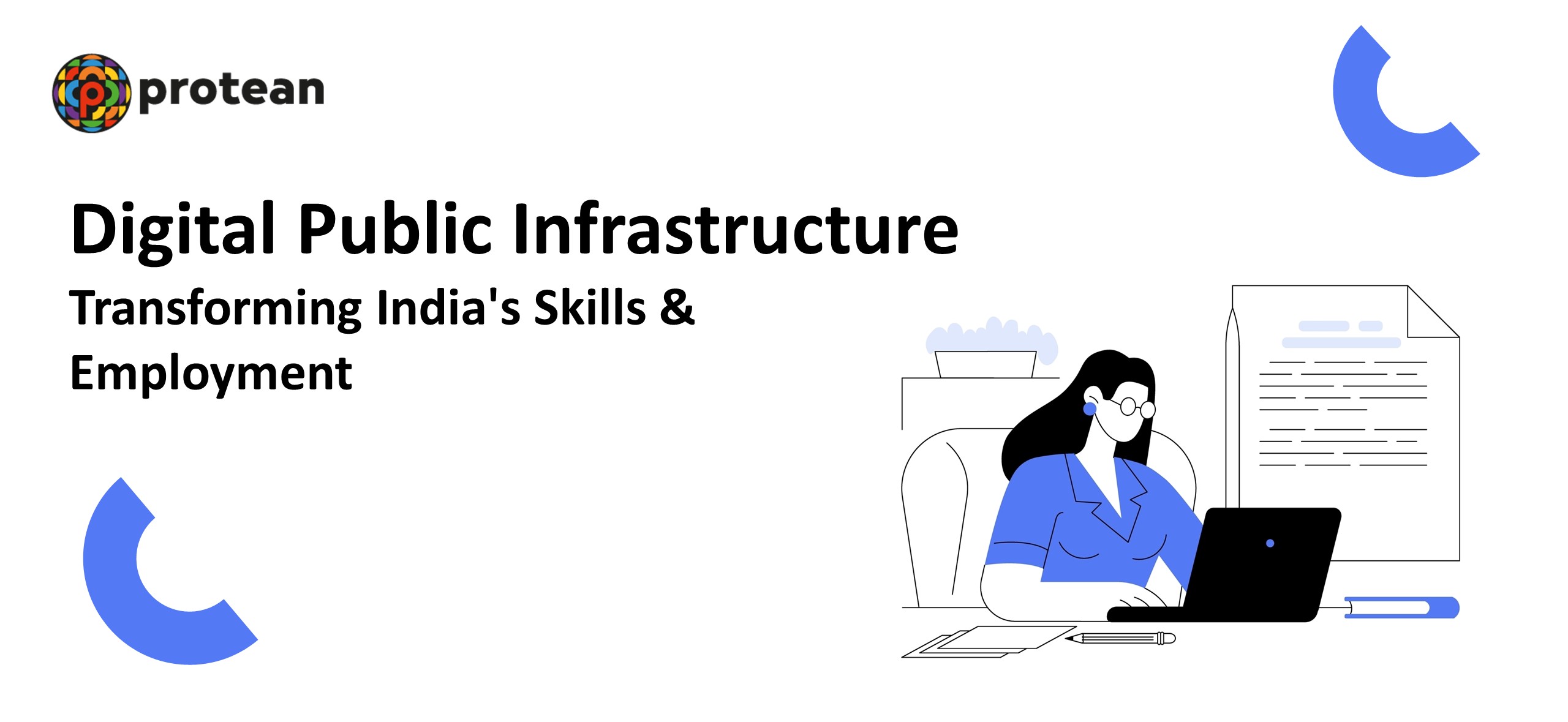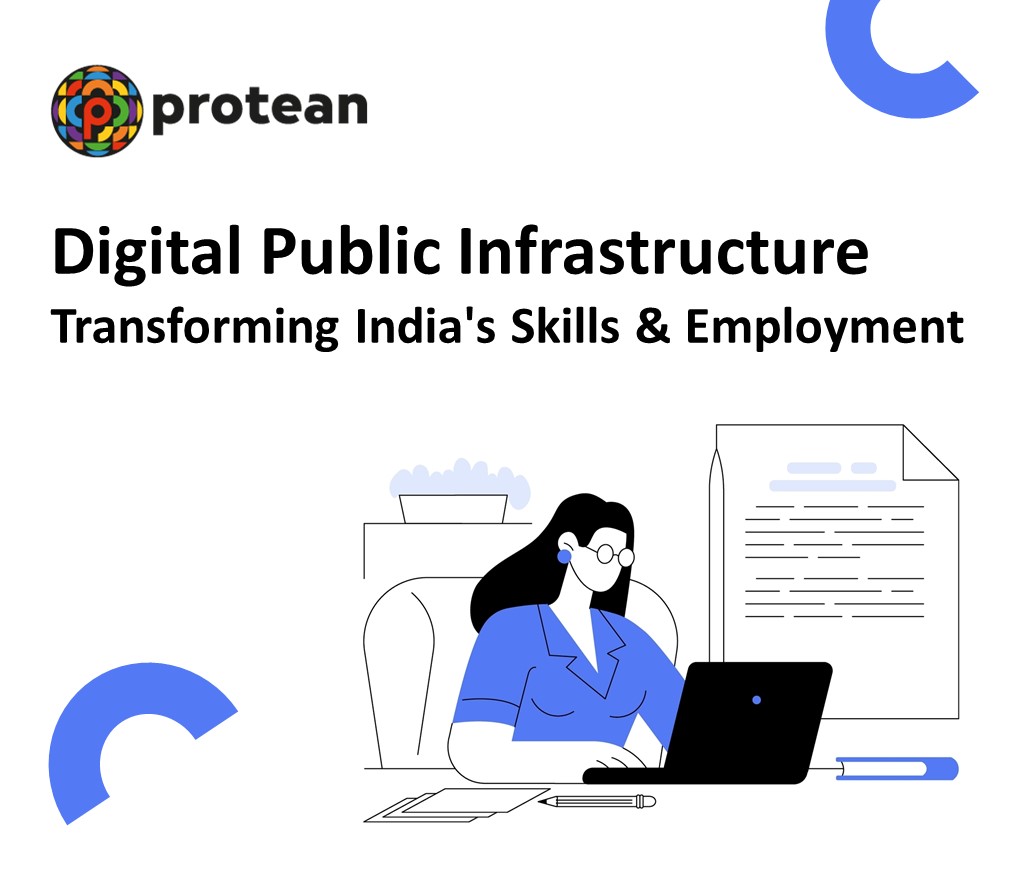India's ambition to become the "Skilling Capital of the World" hinges significantly on leveraging Digital Public Infrastructure (DPI). Digital Public Infrastructure (DPI) is emerging as a transformative force, reshaping the country's skilling and employment landscape by creating a more accessible, inclusive, and equitable future for its workforce. A recent FICCI-EY report, "Future of Jobs 3.0: Navigating Skills in the Digital Age," highlights Digital Public Infrastructure’s (DPI) potential to integrate education, skills development, and employment opportunities.
The report, based on extensive primary and secondary research involving over 200 stakeholders (including industry experts, learners, and policymakers), underscores the urgent need for adaptation in the face of a rapidly evolving global skills landscape.
The World Economic Forum's "Future of Jobs Report 2023" predicts a significant shift, with 83 million jobs lost and 69 million created in the next five years, which is a net loss of 14 million jobs worldwide in the same period. Technological advancements, particularly in big data, cloud computing, and AI, are key drivers of this transformation. Globally, governments and organizations are investing heavily in upskilling and reskilling initiatives to maintain a competitive edge.
Within this context, Digital Public Infrastructure (DPI) offers a powerful solution. It provides a robust, interoperable, and scalable digital backbone capable of addressing long-standing challenges within India's skilling and employment ecosystem. Digital Public Infrastructure (DPI) refers to core digital systems that support essential societal functions and services across both public and private sectors. Examples include digital identity systems (like Aadhaar), payment systems (like the Unified Payment Interface), and data exchange networks. These large-scale systems streamline service delivery and facilitate access to vital resources.
As of 2024, 162 Digital Public Goods (DPGs), built on free and open-source software, are available. Digital Public Goods (DPGs) empower governments and organizations to rapidly customize and integrate these solutions, accelerating digital transformation cost-effectively. Projected to reach a market value of US$100 billion by 2030, Digital Public Goods (DPGs) offer proven, citizen-centric services aligned with the Sustainable Development Goals (SDGs).
The FICCI-EY report also examines other crucial government initiatives, such as the Pradhan Mantri Kaushal Vikas Yojana (PMKVY), focused on youth skill development, and the PM Vishwakarma Scheme, designed to recognize and support artisans and craftspeople. Furthermore, the report proposes a framework for analyzing the impact of emerging trends — AI, DPI, climate change, workforce mobility, and Industry 4.0 — on learners, employers, and trainers.
By embracing Digital Public Infrastructure (DPI) and utilizing frameworks like the one presented in the "Future of Jobs 3.0" report, India can effectively navigate the evolving skills landscape. This digital transformation can empower the workforce, drive inclusive growth, and solidify India's position as the "Skilling Capital of the World."
NOTE: Protean eGov Technologies Limited, a pioneering leader in population-scale Digital Public Infrastructure (DPI), is dedicated to #BuildingforBillions and fostering greater social and financial inclusion.
This commitment has been recognized with Protean receiving the inaugural "Best Digital Public Infrastructure Company of the Year" award at the 2024 Global Fintech Awards.
This article is part of a series exploring DPI; for more insights, please refer to our glossary.
- Story by Bruhadeeswaran R.

